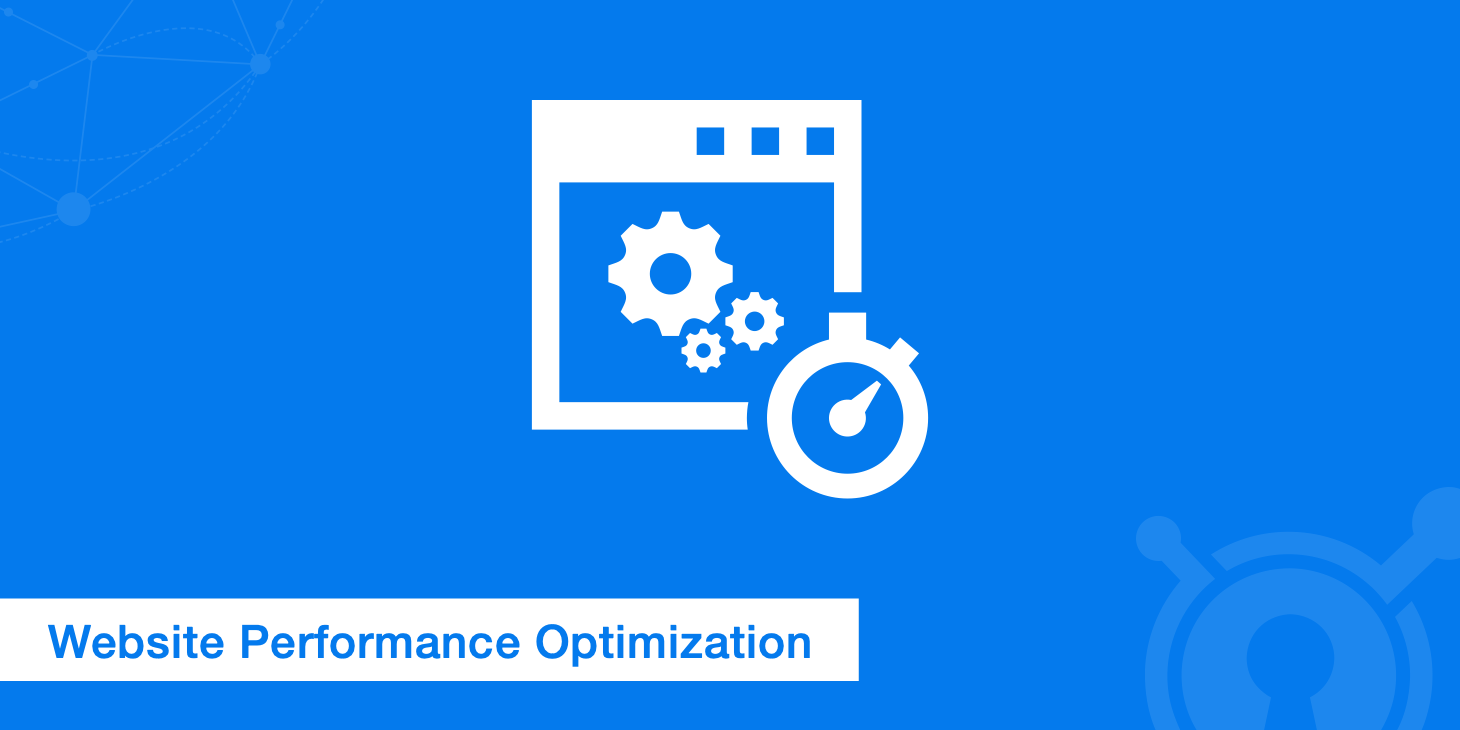Pulse of Information
Your source for the latest insights and updates.
Speedy Sites: Why Waiting is So Last Season
Unlock the secrets to lightning-fast websites! Discover why speed is the new standard and say goodbye to slow loading times for good.
The Impact of Site Speed on User Experience: Why Every Millisecond Matters
Site speed is a critical factor that directly influences user experience. Research shows that users expect a webpage to load in under three seconds, and any delay can lead to increased bounce rates. In fact, for every second a site takes to load, conversion rates can decrease by up to 20%. This highlights why every millisecond matters; even the briefest delays can frustrate users and drive them away from your website. When it comes to retaining visitors, a fast-loading site is non-negotiable.
Moreover, site speed also affects search engine rankings. Search engines like Google prioritize fast-loading websites because they contribute to a better overall experience for users. A slow website can result in lower rankings, reducing your visibility online and negatively impacting your organic traffic. In today's digital landscape, where competition is fierce, ensuring your site is optimized for speed is essential not just for user satisfaction but also for your website's success in search engine results.

5 Essential Tips to Boost Your Website's Loading Time
Optimizing your website's loading time is crucial for enhancing user experience and improving your search engine rankings. Here are 5 essential tips to consider:
- Enable Browser Caching: By allowing visitors' browsers to store static files, you can significantly reduce loading times on subsequent visits.
- Minimize HTTP Requests: Every element on your page requires a separate HTTP request. Reduce the number of elements such as scripts, images, and stylesheets to streamline loading.
In addition to the initial tips, implementing the following strategies will further accelerate your website's performance:
- Optimize Image Sizes: Use compressed images without sacrificing quality. Tools such as ImageOptim or TinyPNG can drastically reduce file sizes.
- Utilize a Content Delivery Network (CDN): CDNs distribute your content across multiple servers around the world, ensuring your website loads faster for users, no matter their location.
- Implement Lazy Loading: With lazy loading, images and videos are only loaded when they come into the user's viewport, which can drastically decrease initial loading times.
Is Your Website Speed Costing You Customers? Discover the Hidden Consequences
In today's fast-paced digital landscape, website speed has become a critical factor in retaining customers. Research shows that even a one-second delay in page load time can lead to a dramatic increase in bounce rates. When visitors encounter slow-loading pages, they are likely to abandon the site and turn to competitors who offer a smoother experience. As a result, businesses risk losing potential sales and damaging their reputation. Understanding that website speed directly impacts customer satisfaction can help you prioritize enhancements that keep your audience engaged.
Moreover, the hidden consequences of a slow website extend beyond just lost sales. A sluggish site can negatively affect your search engine rankings, as search engines like Google take page load times into account when determining site quality. As your rankings drop, so too does your visibility, leading to decreased organic traffic. Furthermore, a poor user experience can result in lower conversion rates, reduced customer loyalty, and detrimental effects on your brand's overall credibility. Thus, investing in improving website speed is not just about keeping customers; it’s essential for long-term growth and success.